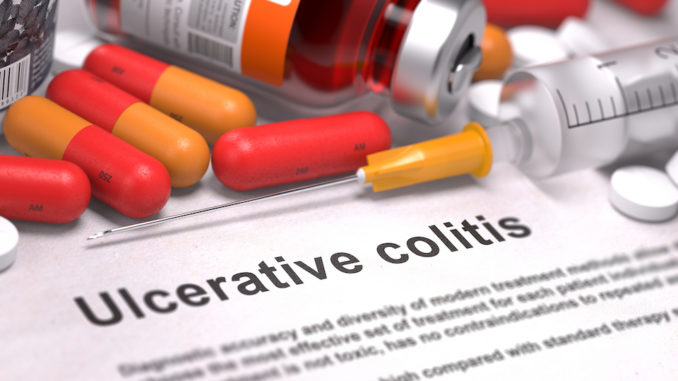
Microbiotica, a leading player in microbiome-based therapeutics, today announced that it has entered into an agreement with University of Adelaide as part of its programme to develop a defined bacterial product for ulcerative colitis (UC). Financial details have not been disclosed.
Microbiotica is collaborating with Dr Sam Costello, Adelaide Medical School, University of Adelaide and Department of Gastroenterology at the Queen Elizabeth Hospital, to develop a new therapeutic to treat UC. Dr Costello led a faecal microbiota transplantation (FMT) study the results of which demonstrate the ability to induce remission in UC, without significant side-effects. This data is compelling evidence for a novel therapeutic approach based on resetting gut microbiota.
Under the agreement, Microbiotica will analyse clinical samples from the Adelaide FMT study to identify the specific bacteria which successfully treated the condition. Microbiotica has developed the leading platform for culture-based precision metagenomics, enabling large-scale strain-level characterisation of microbiome profiles linked to patient phenotype.
“As yet very few placebo-controlled clinical studies have been completed which show that altering a patient’s microbiome through faecal microbiota transplantation can cause remission in ulcerative colitis. Dr Costello is a pioneer in this area and this collaboration is strategically important to our ulcerative colitis programme,” said Dr Trevor Lawley, CSO of Microbiotica.
“We are adopting a clinic-first discovery approach and taking this high-quality research to the next stage to generate a therapeutic candidate which we will progress as an orally administered defined bacterial therapy for ulcerative colitis,” he said.
Dr Costello said: “Ulcerative colitis is a disease with significant unmet therapeutic need, and while faecal microbiota transplantation is already showing promise in inducing remission, a defined bacterial product would be a big step forwards. We are pleased to be collaborating with Microbiotica on its programme.”
Microbiotica is progressing on a number of fronts – continuing to invest in and further develop its platform, to secure strategic industry partnerships and, as in this collaboration, to progress its own pipeline. Recently Microbiotica announced a $534 million strategic partnership with Genentech to discover, develop and commercialise biomarkers, targets and medicines for inflammatory bowel disease.
Source: Microbiotica



